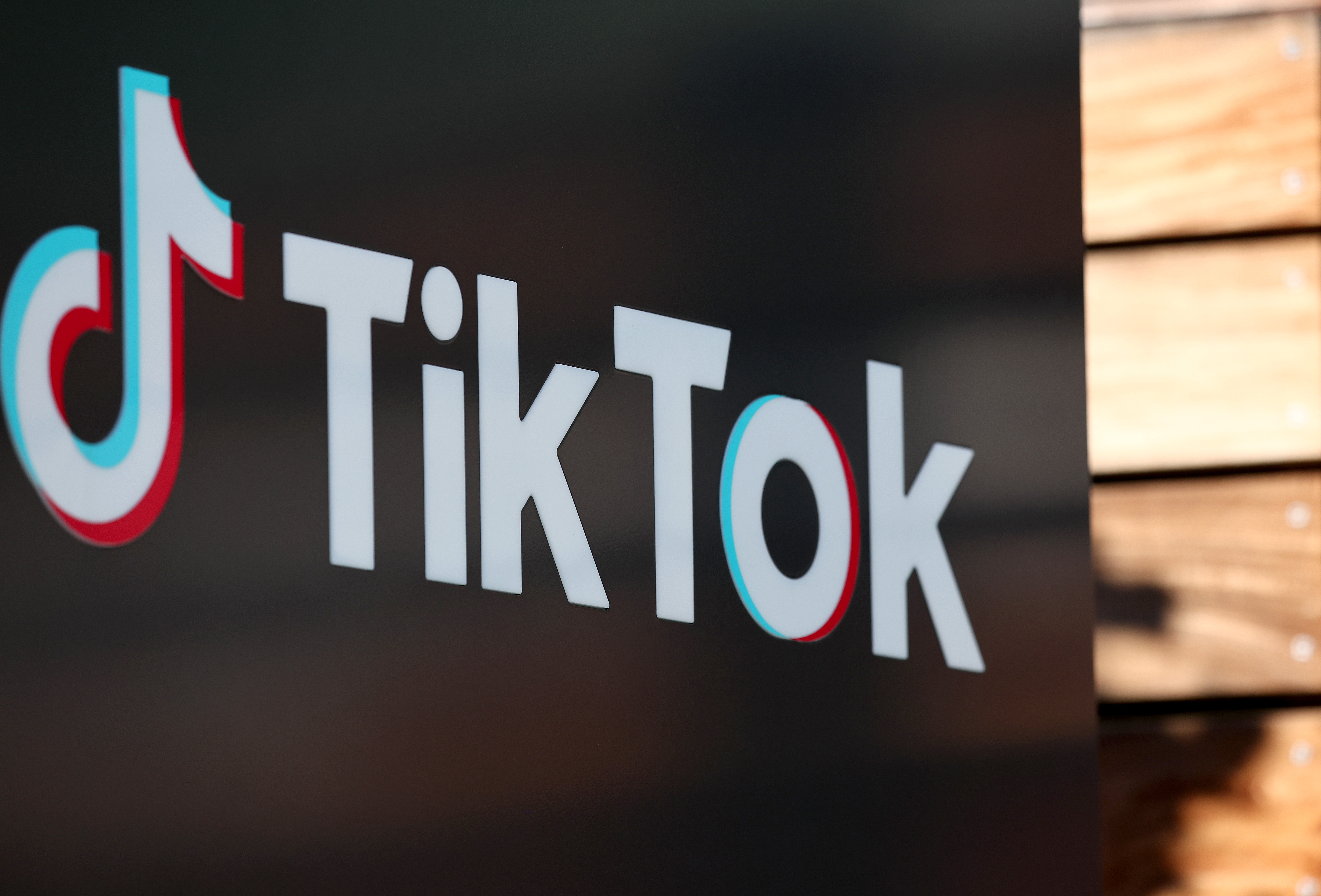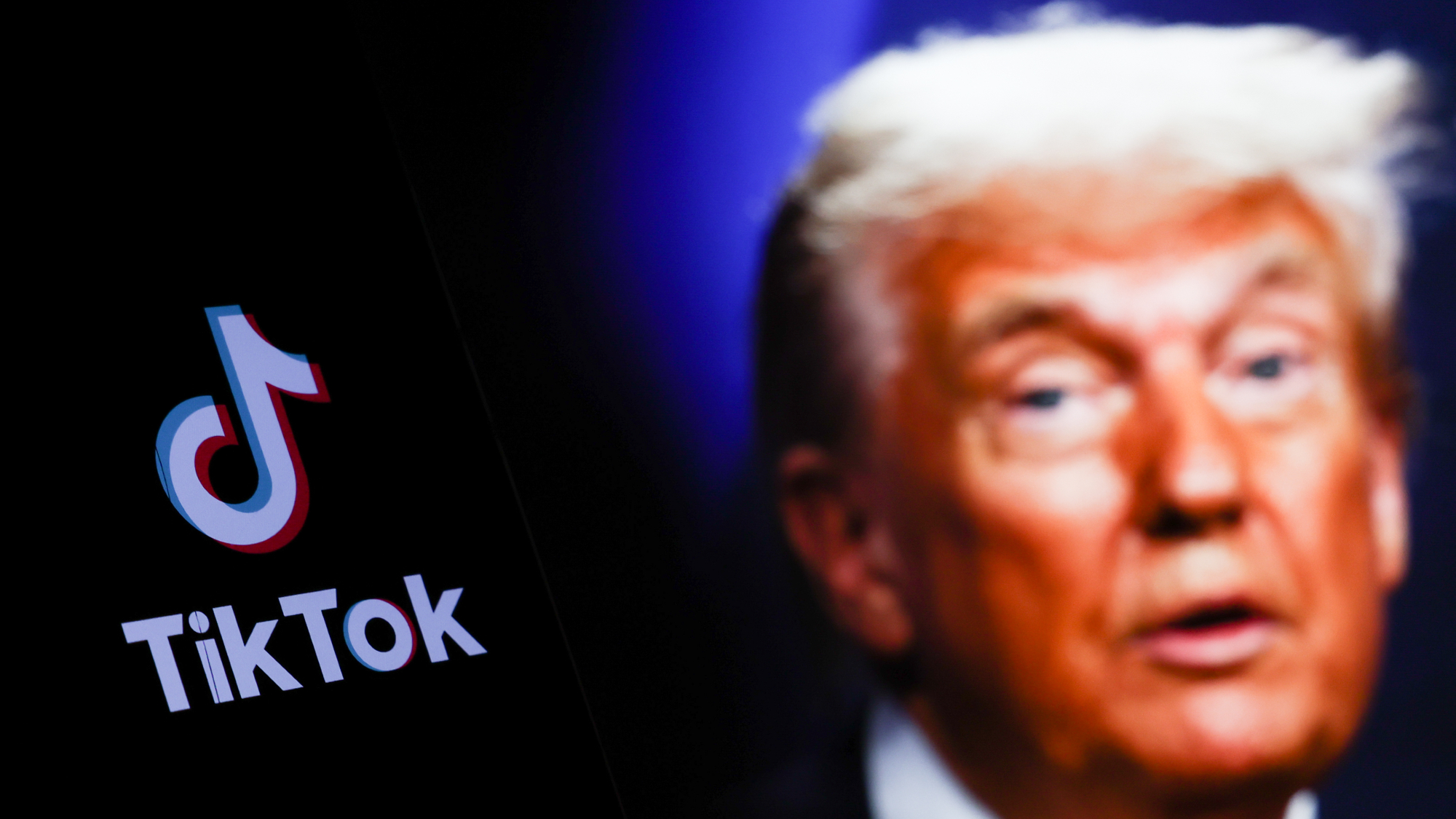How Montana's total TikTok ban is supposed to work


A free daily email with the biggest news stories of the day – and the best features from TheWeek.com
You are now subscribed
Your newsletter sign-up was successful
Montana Gov. Greg Gianforte (R) on Wednesday signed a full ban on TikTok operating inside the state, a first-of-its kind law that faces certain legal challenge with national implications. Gianforte and the law's sponsors in the state Legislature argue that TikTok, owned by China's ByteDance, could feed U.S. user data to the Chinese government or pass on pro-Beijing propaganda to impressionable Americans. TikTok and free speech advocates called the law a clear violation of the First Amendment. It is set to take effect on Jan. 1, 2024.
While the constitutionality of the law is hashed out in court, Montana has another novel challenge on its hands: How will the ban actually work?
The law prohibits downloads of TikTok anywhere in Montana. The state will fine any "entity" $10,000 a day each time it allows residents to download or access TikTok, or offers the ability to access the app. Anyone can report a violation. Individual users are exempt. Internet service providers are too, after an AT&T lobbyist told the Legislature it was "not workable" for ISPs to block TikTok. That means the entities most on the hook are Apple, Google and TikTok.
The Week
Escape your echo chamber. Get the facts behind the news, plus analysis from multiple perspectives.

Sign up for The Week's Free Newsletters
From our morning news briefing to a weekly Good News Newsletter, get the best of The Week delivered directly to your inbox.
From our morning news briefing to a weekly Good News Newsletter, get the best of The Week delivered directly to your inbox.
How are Apple, Google and ByteDance supposed to block people in Montana, and only Montana, from accessing TikTok? According to state Sen. Shelley Vance (R), who sponsored the legislation, "the onus of complying with the legislation would be on TikTok itself," The Wall Street Journal reports. Montana Attorney General Austin Knudsen, who helped write the ban, pointed to geofencing technology used to block online sports gambling in states where it's illegal. But whichever tool each company decides to use, Knudson spokesman Kyler Nerison said, it's up to them "to not allow their apps to work in Montana and other states where they are not legal."
Apple and Google — which operate the popular app stores for iPhones and Android devices, respectively — have not commented on the legislation or its feasibility. But the TechNet trade group both companies belong to says app stores don't have the ability to "geofence" apps in different states or prevent them from being downloaded in Montana.
Cybersecurity experts told The Associated Press that app stores and apps like TikTok do have various tools at their disposal to block use by geography, but they are cumbersome, prone to error, and could pretty easily be thwarted by Montanans using virtual private networks (VPNs) and privacy settings to shield their location.
A free daily email with the biggest news stories of the day – and the best features from TheWeek.com
Peter has worked as a news and culture writer and editor at The Week since the site's launch in 2008. He covers politics, world affairs, religion and cultural currents. His journalism career began as a copy editor at a financial newswire and has included editorial positions at The New York Times Magazine, Facts on File, and Oregon State University.
-
 The environmental cost of GLP-1s
The environmental cost of GLP-1sThe explainer Producing the drugs is a dirty process
-
 Greenland’s capital becomes ground zero for the country’s diplomatic straits
Greenland’s capital becomes ground zero for the country’s diplomatic straitsIN THE SPOTLIGHT A flurry of new consular activity in Nuuk shows how important Greenland has become to Europeans’ anxiety about American imperialism
-
 ‘This is something that happens all too often’
‘This is something that happens all too often’Instant Opinion Opinion, comment and editorials of the day
-
 TikTok finalizes deal creating US version
TikTok finalizes deal creating US versionSpeed Read The deal comes after tense back-and-forth negotiations
-
 Is social media over?
Is social media over?Today’s Big Question We may look back on 2025 as the moment social media jumped the shark
-
 Australia’s teen social media ban takes effect
Australia’s teen social media ban takes effectSpeed Read Kids under age 16 are now barred from platforms including YouTube, TikTok, Instagram, Facebook, Snapchat and Reddit
-
 Sora 2 and the fear of an AI video future
Sora 2 and the fear of an AI video futureIn the Spotlight Cutting-edge video-creation app shares ‘hyperrealistic’ AI content for free
-
 Trump allies reportedly poised to buy TikTok
Trump allies reportedly poised to buy TikTokSpeed Read Under the deal, U.S. companies would own about 80% of the company
-
 Google avoids the worst in antitrust ruling
Google avoids the worst in antitrust rulingSpeed Read A federal judge rejected the government's request to break up Google
-
 Will online age checks doom internet freedom?
Will online age checks doom internet freedom?Today's Big Question Or do they protect children from harm?
-
 Supreme Court allows social media age check law
Supreme Court allows social media age check lawSpeed Read The court refused to intervene in a decision that affirmed a Mississippi law requiring social media users to verify their ages
